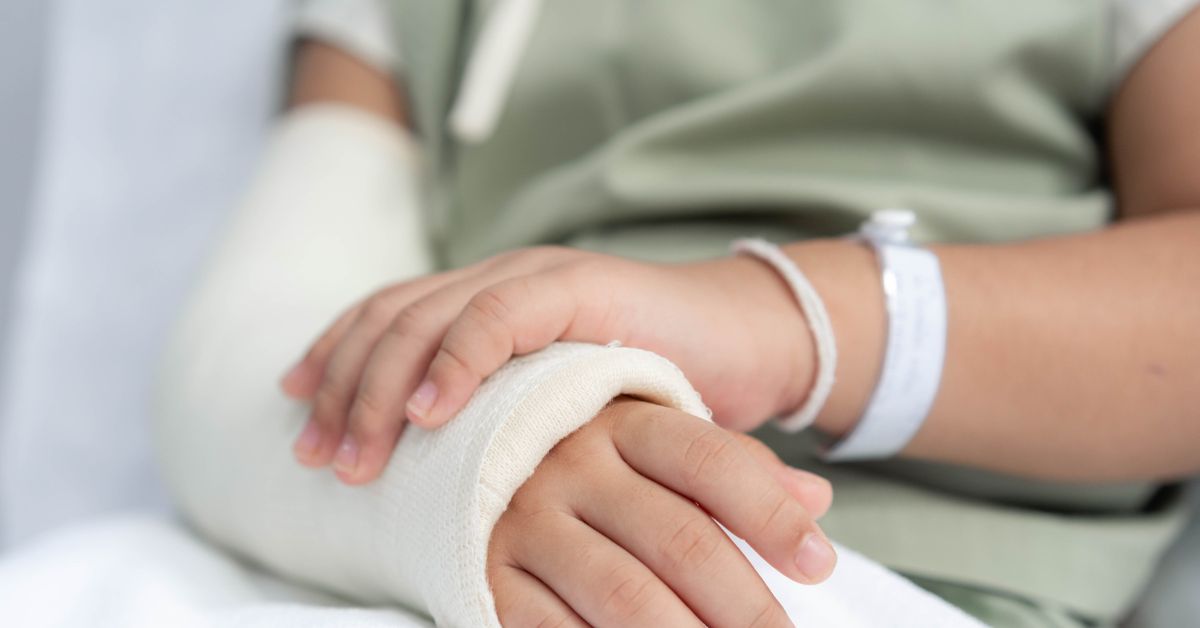Concussions are a mild form of Traumatic Brain Injury (TBI) that can affect how your brain works. Because they’re caused by a blow to the head or body, concussions are common in sports or extreme activities. More than 1.6 million sports-related concussions occur every year in the United States.
Edward Marcheschi, MD, a Mercy Health sports medicine specialist, further explains the internal effects of concussions.
“The brain floats inside the skull. When the head takes a hard hit or is violently jostled, the brain bounces back and forth off the skull. The forces involved may abnormally stretch nerve fibers, triggering a chemical reaction in the brain at a cellular level.”
Our immediate attention to an athlete’s concussion can make a huge impact on an athletes’ ability to function in daily life after a concussion. This is why it is important for parents, coaches, athletic trainers and athletes to be aware so together we can implement appropriate concussion treatments to ensure full brain recovery.
Know the signs of a concussion
Concussions don’t always knock athletes unconscious, which is why it’s important to understand the symptoms of a concussion and share them with your children.
Physical signs/symptoms of a concussion
- Headache
- Dizziness or balance problems
- Nausea or vomiting
- Fatigue, low energy
- Light sensitivity and blurriness of vision
Psychological signs of a concussion
- Abrupt emotional changes, feeling more emotional, irritable or increased anxiety
- Personality changes or abnormal mood swings
Intellectual signs of a concussion
- Confusion, slowed thinking or mental fog
- Difficulty concentrating, memory or problem solving
What to do if your child is experiencing concussion symptoms
First, sit them out of any activities. Continuing to play sports after a concussion is dangerous and can lead to an exponential increase in recovery time and a “second hit” can cause brain damage and be life threatening. Repeat concussions and repetitive head trauma raise the medical concern for long term side effects to the brain.
It is important to consult a health care professional or athletic trainer. Early evaluation is key to ensuring a full recovery.
Standard tests for concussions
Health Care professionals have an array of tools to help diagnose and manage concussions. The SAC test (Sideline Assessment of Concussion) includes:
- Symptom checklist– Coaches, athletic trainers and athletes can begin this test by checking for common symptoms (listed above).
- Cognitive – Athletic trainers or doctors check the athletes’ thinking skills by asking questions related to memory, concentration and recall.
- Neurological – Athletic trainers or doctors assess the motor function of the brain assessing balance and coordination
In addition to these assessments, your doctor may request Brain Imaging (MRI, CT scan).
Neuropsychological testing is another important tool used in the assessment of a concussion. Baseline testing is recommended for all athletes, especially those in contact sports, who are ages 10 or older. A computer-based program called ImPACT is a neuropsychological test that evaluates brain function. After a concussion, the ImPACT test is repeated and results are compared to the baseline to determine the concussion’s severity.
“By comparing new results against the baseline, physicians can predict recovery time and monitor recovery,” shares Dr. Marcheschi.
Mercy Health is proud to offer ImPACT testing for concussions and other head injuries at our partner schools.
“The good news is that the ill effects of concussion will resolve in most athletes if the injury is managed appropriately. Physical rest and mental rest are key in the treatment of concussion early on,” Dr. Marcheschi states.
Learn more about concussions and find a Mercy Health sports medicine provider near you today.






